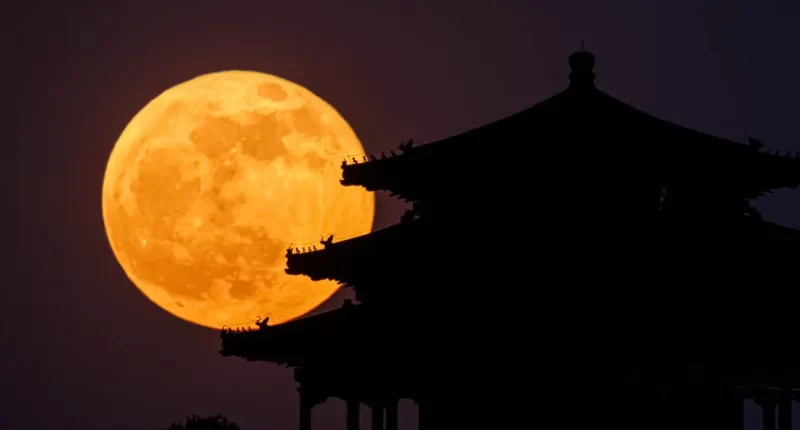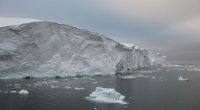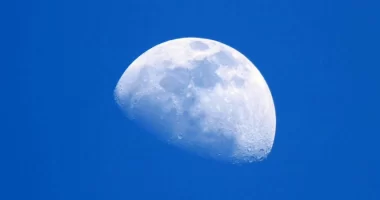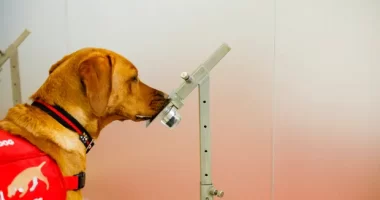China is aiming to launch three unmanned missions to the moon after discovering a new lunar mineral that could be an energy source in the future.
The space race between China and the US is accelerating after Beijing’s National Space Administration got the go-ahead to launch three orbiters to the moon over the next 10 years, it announced on Saturday. The news was first reported by Bloomberg.
It comes a day after China became the third country to discover a new lunar mineral, which it called Changesite-(Y), according to Chinese state-controlled newspaper the Global Times.
China’s Chang’e-5 mission retrieved samples from the moon in 2020 and it has been described by Global Times as a “phosphate mineral in columnar crystal” found in lunar rock particles. The mineral contains helium-3, which could be a future source of energy.
The discovery may put more pressure on the US to ramp up its efforts, Moon mining could be the next source of tension between the countries as NASA is also probing the moon’s south pole where China plans to build a research station in conjunction with Russia.
China has accelerated its efforts in space exploration of late by building a space station, launching a number of missions to collect moon samples and putting a rover called Zhurong on Mars earlier this year to rival NASA.
The US remains the only country to put astronauts on the moon, with the last landing almost 50 years ago in the Apollo 17 mission, according to NASA’s website.
The US Apollo 11 mission was the first to bring samples from another planet back to Earth in July 1969, with about 22 kilograms of material from the moon’s surface.






